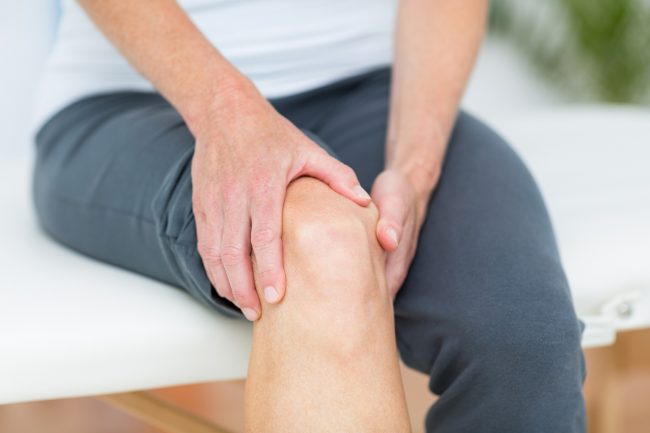Injuries take a lot out of you. They require heavy doses of positive thinking and an endless supply of patience. If you’re regularly active, it may be exceptionally hard to actually stop exercising and let the bone-healing process begin. All you can think about is getting back in the game. As nice as it sounds to skip the recovery, it’s never smart to overlook what your body needs. You can, however, give your body extra ammo to naturally repair itself. Follow these four steps to bring you up to speed.
Cut the Sweet Stuff
Any harm on your bones may be caused by consuming too much added sugar and not getting adequate amounts of nutrient-rich foods, according to Heidi Skolnik, CDN, senior nutritionist at The Women’s Sports Medicine Center at the Hospital for Special Surgery in New York.[1] As white sugar is acid-forming in the body, eating excess amounts may add insult to injury – literally. Instead, try to stick to an alkaline-rich diet.
Up the Fat
Fat helps the body absorb nutrients from food. Plus, it makes for a much more satiating meal, keeping you fuller longer. You can get healthy fats with a variety of flavor profiles, including coconut oil, olive oil and fresh avocado. Meat eaters may also benefit from adding pasture-fed lard and grass-fed tallow to your daily diet. Pair these fatty foods with nutrient-dense cruciferous vegetables, such as broccoli, Brussels sprouts, cabbage and cauliflower to get the most bang for your buck.
Focus on Nourishing Foods
When you think of bone health, you immediately think calcium. But it’s time to go beyond the dairy aisle. There are plenty of calcium-rich, non-dairy foods to enjoy, including your favorite leafy greens. In fact, leafy greens and broccoli are great sources of calcium and vitamin K – another key nutrient for bone health. Beans and tofu can also supply calcium[2]. For even more bone benefits, stock up on bone broth, fermented foods and naturally sourced wild proteins. You can find the latter at your local farmer’s market. Head over to localharvest.org for an online directory of where to go in your neck of the woods.
Rest…Really Rest
Not only is depriving yourself of quality Zzzzz’s every night bad for your immune system, but it’s bad for your bones. Findings published in Experimental Biology and Medicine showed that sleep-deprived rats had decreased bone mineral density, which researchers said indicated osteoporosis. The rats also had less fat in their bone marrow than fully rested rats, as well as double the amount of megakaryocytes, which are bone marrow cells that produce platelets. “Taken together, these findings suggest that chronically inadequate sleep affects bone metabolism and bone marrow composition in ways that have implications for development, aging, bone healing and repair, and blood cell differentiation,” wrote the researchers in the study[3].
It’s important to note that resting through the night is not sufficient. While it’s easier said than done, resting during the day can help the body power through an injury much faster. Take the time to slow down. Eventually, you can start visualizing your body back up and running. But in the early stages of an injury, let it rest – it’ll pay off ten-fold!
[1] http://www.everydayhealth.com/osteoporosis-pictures/bad-for-your-bones-foods.aspx#03
[2] “Soft Drinks and Disease.” The Nutrition Source. Harvard T.H. Chan School of Public Health, 17 Mar. 2016. Web. 07 May 2017.
[3] http://www.huffingtonpost.com/2012/09/26/sleep-deprivation-bones-marrow_n_1898610.html

